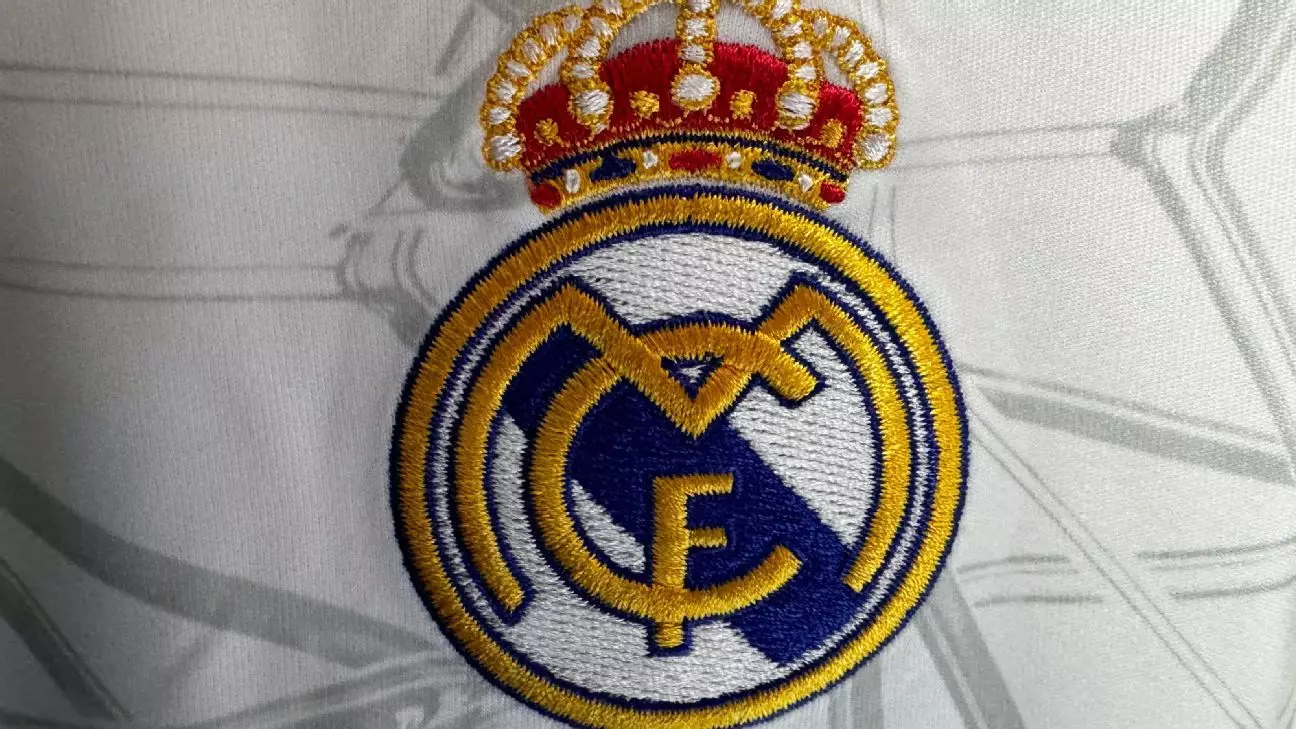Real Madrid, a giant in the world of football, recently faced an unfortunate incident following a disappointing match against Liverpool in the Champions League. After succumbing to a 2-0 defeat at Anfield, the team’s bus was involved in a minor collision during its return journey to Spain. Though no serious injuries were reported, the event serves as a stark reminder of how even small mishaps can compound the stress stemming from a high-profile loss. This convergence of sports and logistical challenges highlights the additional burdens faced by elite athletes and their organizations.
The encounter at Anfield was not just another match for Real Madrid; it marked their third defeat in five Champions League fixtures this season. Goals from Liverpool’s Alexis Mac Allister and Cody Gakpo solidified a challenging night for the Spanish club. Adding to the frustration, star player Kylian Mbappé missed a penalty, a misstep that could resonate with both fans and players alike. Such struggles on the pitch can weigh heavily on a team’s morale, leading to increased scrutiny and reflection on their strategy moving forward.
It’s worth noting that the players and coaching staff were not on the bus at the time of the incident, having opted for a quicker return to Madrid via air travel on Wednesday night. The bus drivers, who were responsible for the journey back, emerged unharmed—a fortunate outcome considering the circumstances. While the collision involved several vehicles, it seemed to culminate in only minor damage, mainly limited to broken headlights. This incident illustrates the diverse environments in which professional sports teams operate and the range of vulnerabilities they face beyond the field.
Real Madrid’s logistical preparations are emblematic of how top-tier football clubs manage travel and public relations. The decision to send their own bus for away matches is part marketing strategy, part necessity—allowing immediate access to transportation post-match for the players. Furthermore, the drivers’ commitment to remaining in the city where the team plays reinforces their need for careful planning and execution during travel. This attention to detail is crucial, particularly in high-stakes scenarios like the Champions League, where every moment in transit can impact team focus and recovery.
In today’s social media climate, news of the incident rapidly spread as fans took to various platforms to share videos documenting the bus’s damage. This illustrates the dual-edged sword of modern-day fandom; the immediacy of sharing moments can amplify both excitement and frustration. While some supporters might express concern for the team and its players, others may find humor or levity in the situation, illustrating the multifaceted relationship between sports teams and their fan bases.
The collision involving Real Madrid’s team bus, although minor, comes as a reminder of the challenges faced by professional sports teams. From performance issues on the field to logistical occurrences off it, resilience is a key attribute for athletes and their organizations. As they regroup and recalibrate in the wake of their Champions League defeat, Real Madrid will undoubtedly focus on regaining their form while ensuring that their logistical strategies remain efficient and purposeful in the future.

Leave a Reply